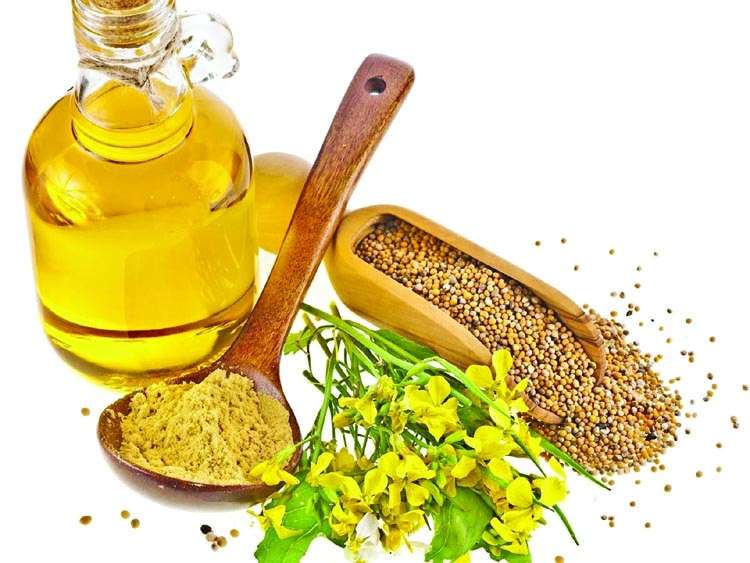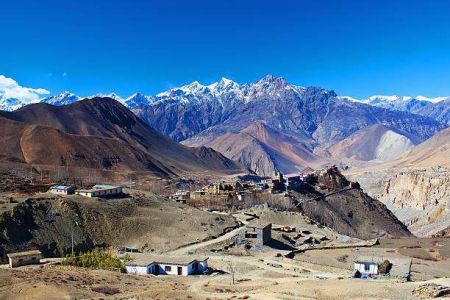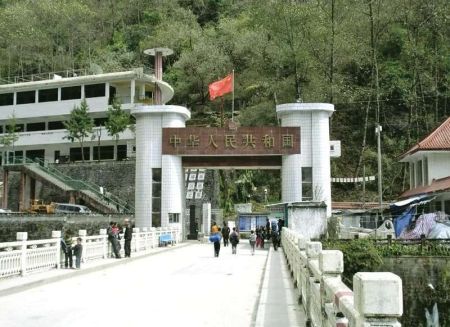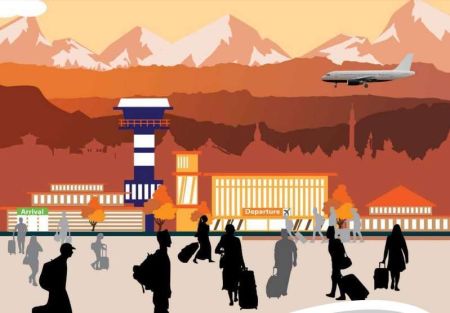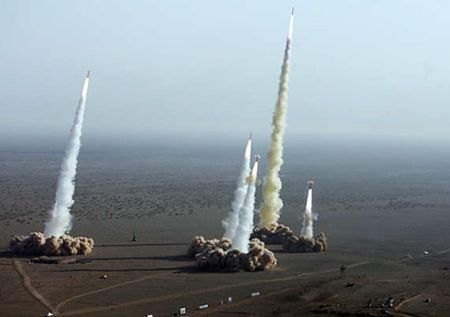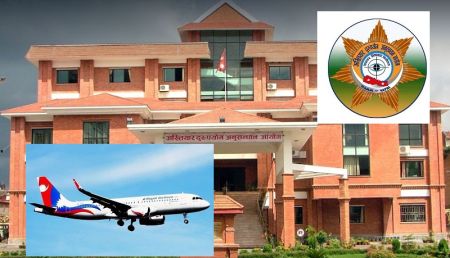March 2: The price hike of raw materials worldwide has turned out to be a windfall for Nepal’s oil industries.
The oil producers of Nepal were worried ever since India lowered the tariff on import of edible oil and its raw materials. But the recent hike in prices of unrefined oil has added to the excitement of domestic oil producers of Nepal.
Even in the current situation, refined oil dominates the export trade of Nepal. As Nepal's industries have sufficient reserves, the oil producers of Nepal can benefit from the increase in the price of raw materials in the world market.
Domestic industries had been importing semi-refined oil from Ukraine, Indonesia and Malaysia, processing it and exporting it to India. Industrialists say that it takes three months to get the raw material into the country from the international market. Moreover, it takes additional time to process and export it.
Nikhil Chachan, operator of Narayani Oil Refinery, said that the rise in prices of raw materials has not stopped the export of Nepali products to India.
According to Prabhu Dayal Agrawal, operator of Annapurna Vegetable Products, the processing and export of oil has been possible amid current crisis as the importers had purchased the raw materials before the price hike. Unlike Nepal, Indian oil industry often does not stockpile raw materials as it is close to sea ports.
India levies 5.5 percent customs duty and 5 percent Goods and Services Tax (GST) on imports from other countries. Under the SAFTA facility, customs duty is not levied on exports from Nepal to India.
Agarwal said that the oil produced in Nepal would be cheaper than the oil produced in India due to the import of raw materials into Nepal at a cheaper price. According to the importers, the price of soybean and palm oil in the international market has gone up from USD 1,200 to USD 1,900 per metric ton.
Due to the Russia-Ukraine war, further pressure has been put on the prices of raw materials. The price has gone up by USD 150 per ton in just last one week.
The price of soybean seeds has increased by USD 125 per metric ton in just two days, says Suresh Rungta, operator of OCB Foods.
“Exports to India are possible because of the stock of raw materials at a time when the price of raw materials is on the rise. Otherwise, we couldn’t have exported oil from Nepal,” said Rungta.
There are 22 oil producing industries in Nepal. Of them, 14 are in Birgunj alone and others are in Biratnagar and Bhairahawa. Five new industries are preparing to make an entry into this sector. According to Chachan, despite the industry's annual production capacity of 2.5 million metric tons, domestic consumption is only 500,000 metric tons.
Chachan said, “The industrialists claim that the investment of domestic industries will be put to risk if they are not allowed to export to India. However, the benefits of increasing prices of raw material are not long lasting. Export like in the current time is not possible under normal circumstances.”
Domestic importers have to pay 10 percent customs duty on raw materials. It is subject to 13 percent value added tax. India charges 5.5 percent customs duty and 5 percent GST.


